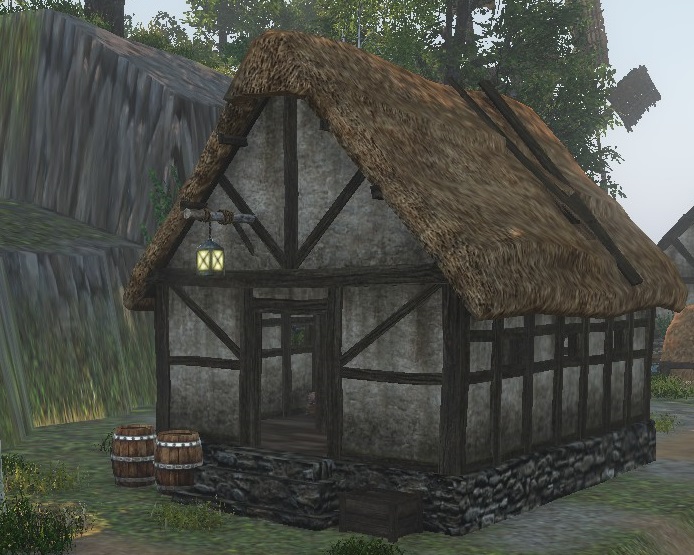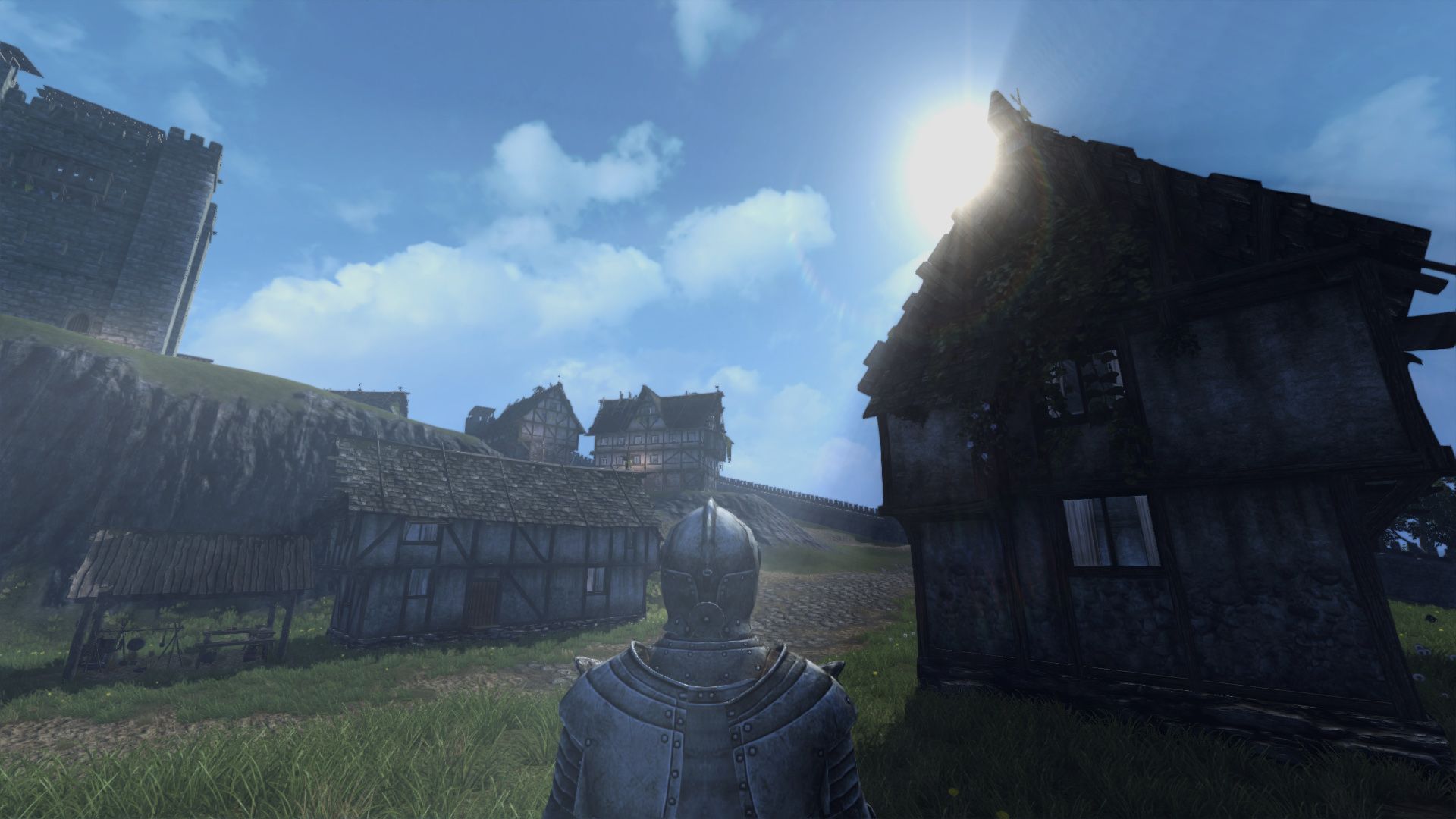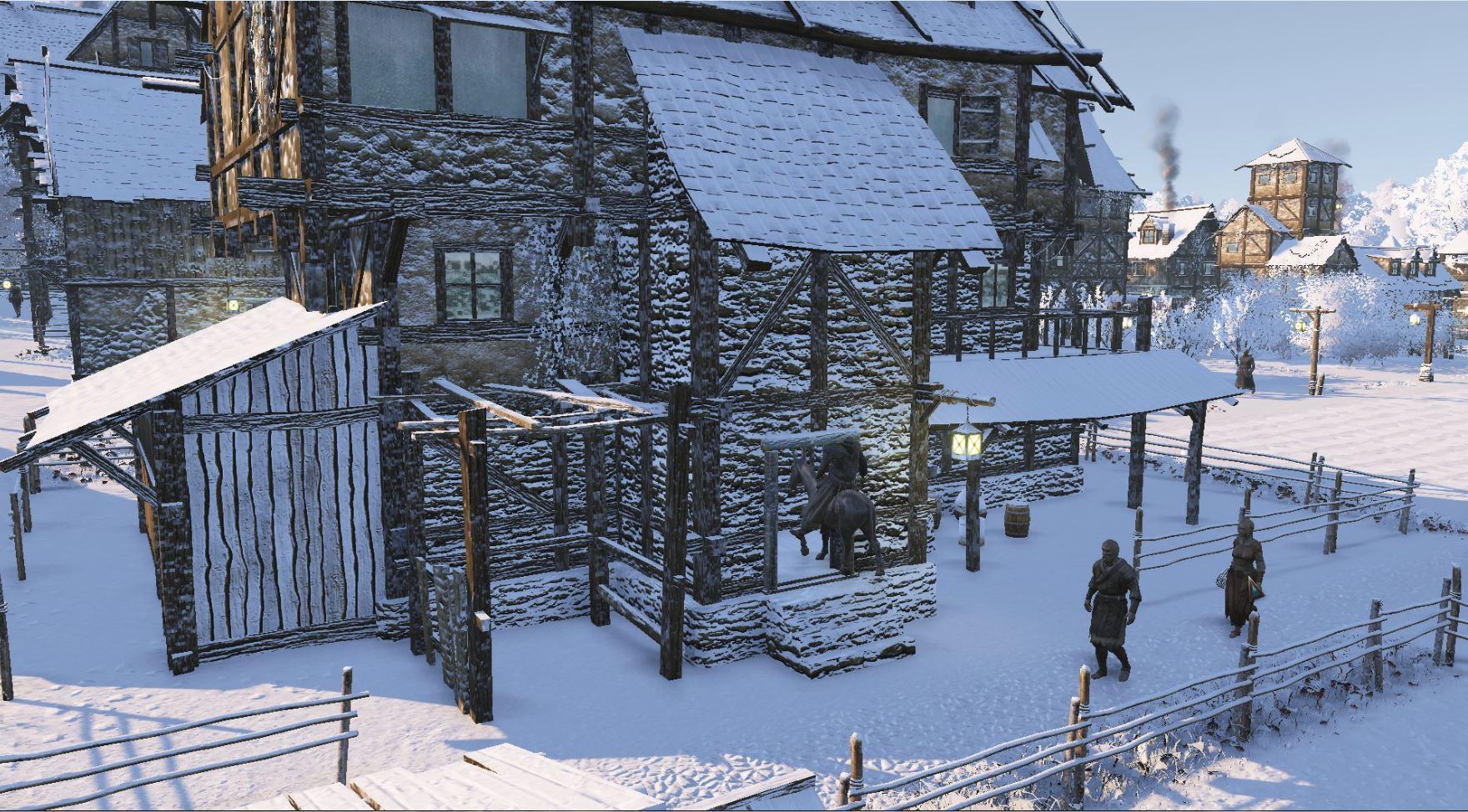
In order to supply these knights, barons divided their land up into smaller units called manors. Richard had to promise to provide the king with sixty knights. Richard FitzGilbert, was granted land in Kent, Essex, Surrey, Suffolk and Norfolk. Richard, who had married Rohese, daughter of Walter Gifford of Normandy, also brought with him members of his wife's family. When William the Conqueror, decided to invade England in 1066, he invited his three half-brothers, Richard FitzGilbert, Odo of Bayeux and Robert of Mortain to join him. (3) A knight promises to be loyal to his king (c. As Richard was illegitimate, he did not receive very much land when his father died. The plot failed but they did manage to kill Gilbert of Brionne. A number of Norman barons would not accept an illegitimate son as their leader and in 1040 an attempt was made to kill William. Several leading Normans, including Gilbert of Brionne, Osbern the Seneschal and Alan of Brittany, became William's guardians. When Robert, Duke of Normandy, William's father died in 1035, William the Conqueror, inherited his father's title. The term 'Fitz' was used to show that Richard was the illegitimate son of Gilbert.

As Herleva was not married to Gilbert, the boy became known as Richard FitzGilbert.

His father, Gilbert, Count of Brionne, one of the most powerful landowners in Normandy. Richard had the same mother as William the Conqueror, Herleva of Falaise. Richard FitzGilbert is an example of someone who did very well out of the Norman invasion. Manors varied in size, some having only one village, while others had several villages within its territory. By the time William and his barons had finished distributing land there were about 6,000 manors in England. The baron would then carry out similar ceremonies with his knights.

The baron knelt before the king and said: "I become your man." He then placed his hand on the Bible and promised to remain faithful for the rest of his life. When William granted land to a baron an important ceremony took place. The number of knights a baron had to provide depended on the amount of land he had been given. These barons had to provide armed men on horseback for military service. The rest were given to 170 tenants-in-chief (or barons), who had helped him defeat Harold at the Battle of Hastings. William retained about a fifth of this land for his own use. After his coronation, William the Conqueror claimed that all the land in England now belonged to him.


 0 kommentar(er)
0 kommentar(er)
